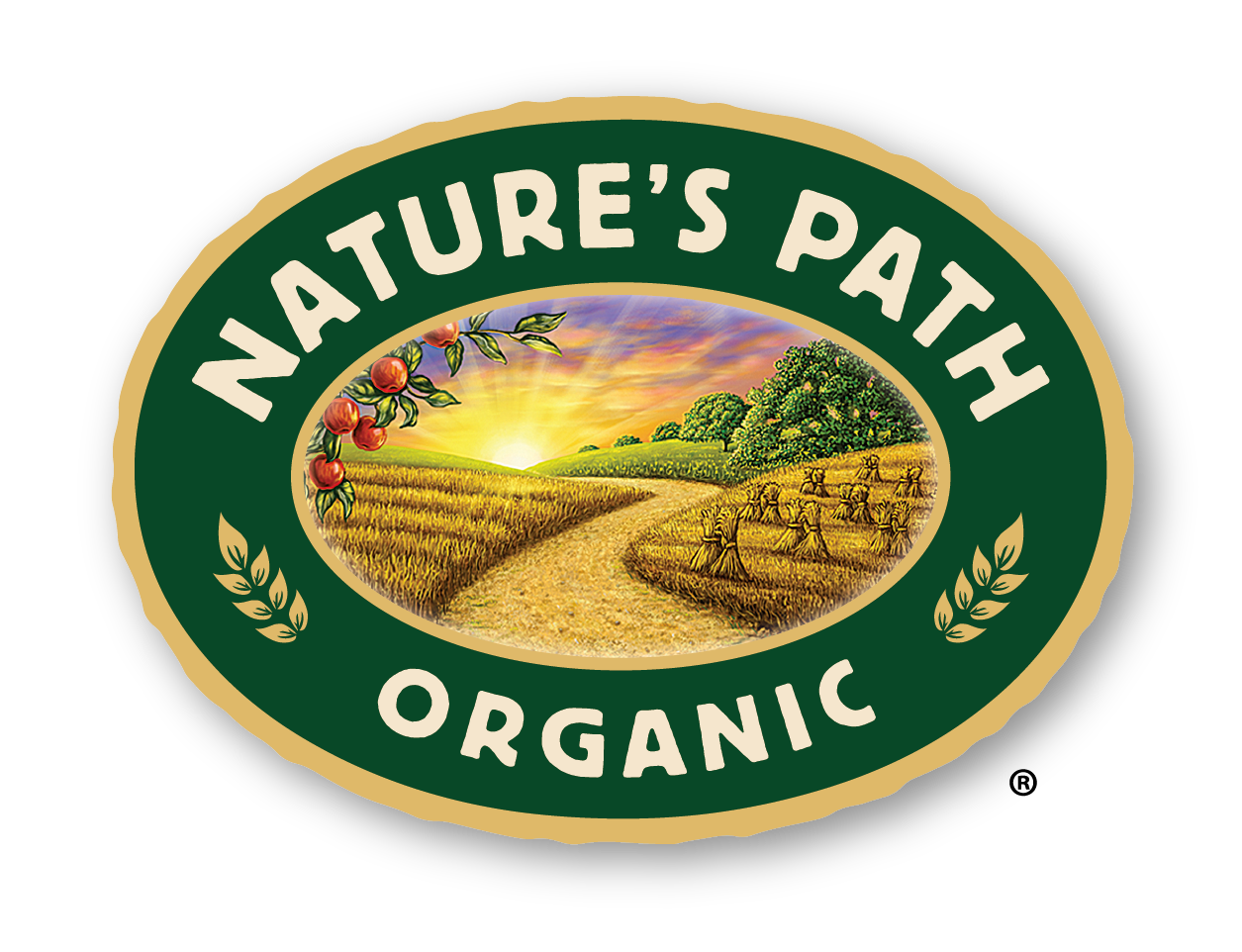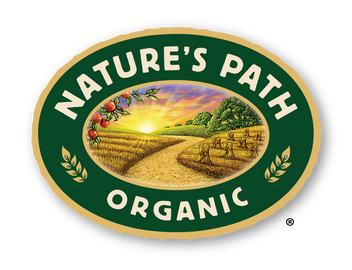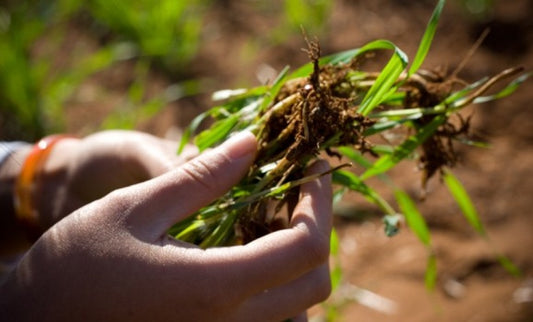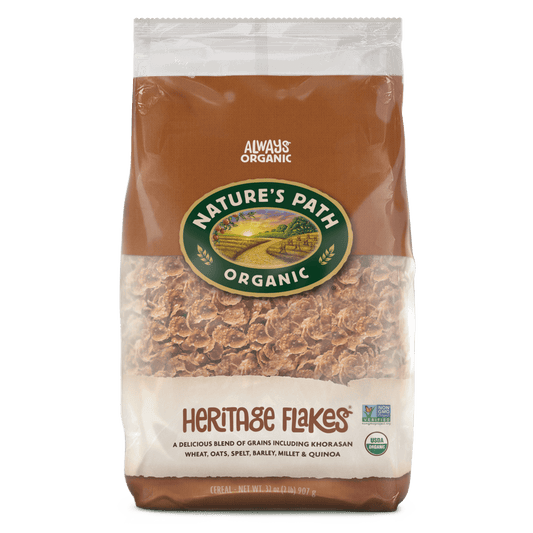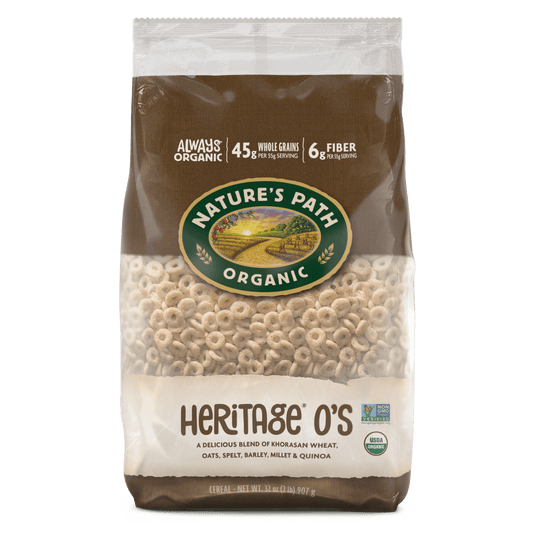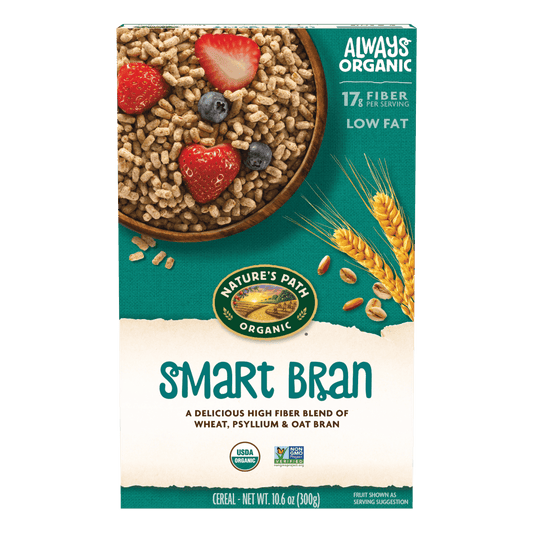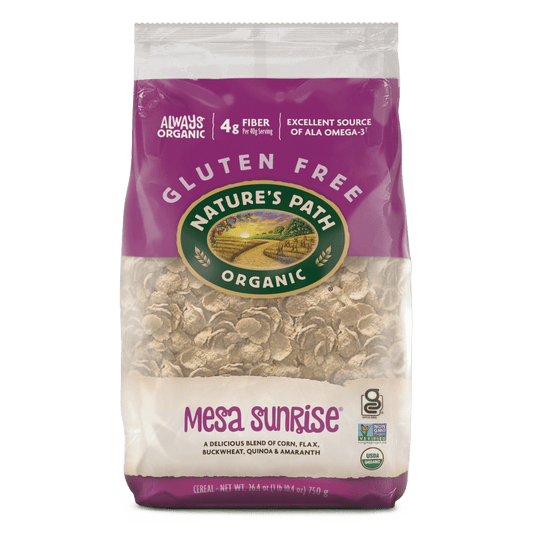What does the science say?
Before we dig into the science, it’s important to point out that finding out just how toxic pesticides can be for our health is no easy job! Such science would take years to conduct, and most scientific studies are done within short time frames. We also use a myriad of chemicals to produce non-organic food: strawberries, for example, have been found to be contaminated with 20 different pesticides! Determining which chemicals are most harmful is no black-and-white-science, and looking at them in isolation is not realistic of what we’re eating on a daily basis if we’re not eating organic food. There’s also the ethical implications of running experiments to determine how dangerous pesticides can be for humansBut the proof is there
Various studies have looked into this issue—a study published in 2010 in the journal Agronomy for Sustainable Development points to various research that found organic produce to contain much less or no pesticide residues at all. One long-term study found that 94-100% of organic food samples did not have any pesticide residues at all, while another study looking at organic fruit and vegetables found just 2.8% of the samples to be contaminated by pesticide residues. When comparing conventional food with non-organic food, it’s no secret at all that eating organic is a sure way to reduce pesticide exposure. A famous study published in the British Journal of Nutrition found the occurrence of pesticide residues to be four times higher in non-organic crops. The research team found that switching to organic fruit, vegetables and cereals, or foods made from them, provides additional antioxidants equivalent to eating between 1-2 extra portions of fruit and vegetables a day. Another study led by a researcher at Idaho’s Boise State University measured the amount of dietary exposure to organophosphates (OPs)—the most common insecticides used on conventionally-grown produce in the United States. By analyzing urine samples, the researchers found that individuals who ate organic produce had significantly lower OP pesticide exposures than those consuming conventionally-grown produce.The Dirty Dozen/ Clean Fifteen lists
Pesticide residues in food is a hot topic. For a number of years, the U.S.’s Environmental Working Group has been publishing its Shopper's Guide to Pesticides in Produce™. The guide contains two lists: the “Dirty Dozen” and “Clean Fifteen”, which are based on U.S. Department of Agriculture data.It’s not just reduced pesticide exposure
Studies have also found that organic crops can have significantly high levels of some antioxidants than non-organic crops. That popular study published in the British Journal of Nutrition also found that that individual antioxidants linked to a reduced risk of chronic diseases were higher in organic crops. Research has also found organic milk to contain 50% more omega 3 fatty acids than non-organic milk.We need more research
Although many say more research is needed to look at the health benefits of eating organic food, many shoppers are already convinced that organic simply makes sense. Being exposed to pesticides through food is a risk many would rather not gamble with. Organic provides a clean, healthy choice!Would you like to be the first to hear about our new products and more? Sign up for our Nature’s Path Newsletter.
